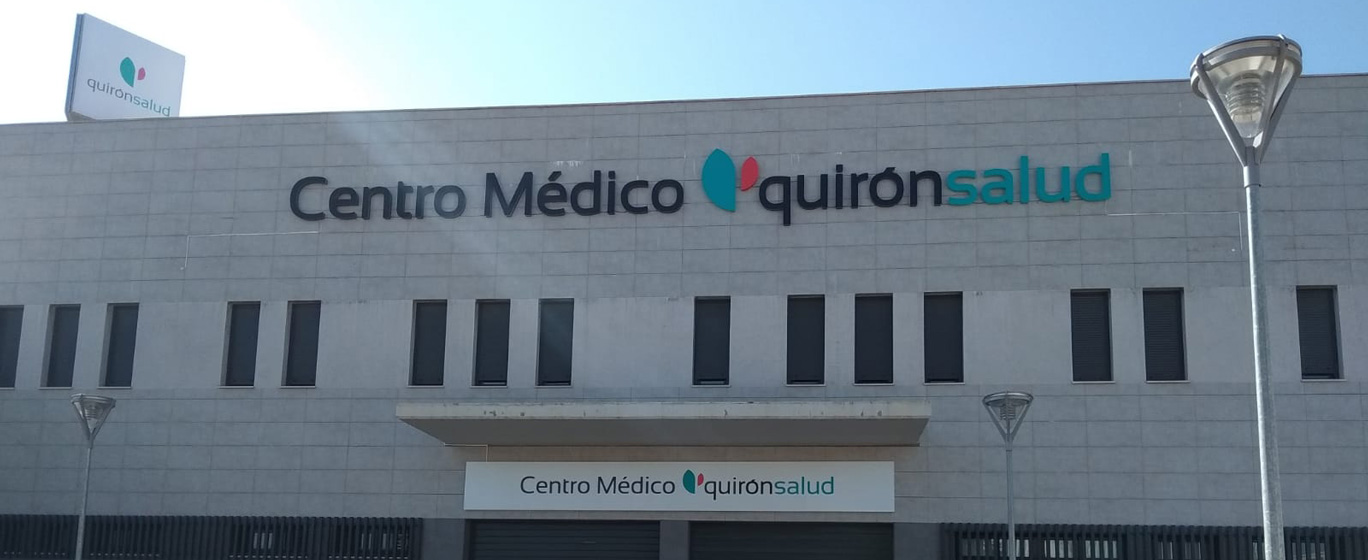Pericarditis
Is pericarditis serious? Learn about the causes, symptoms, and most effective treatments for this disease.
Symptoms and Causes
Pericarditis is the inflammation of the pericardium, the tissue that surrounds the heart, facilitates its movement, protects it from potential infections, and prevents excessive friction with adjacent organs.
Based on its progression, pericarditis is classified into three types:
- Acute pericarditis: Sudden onset. It usually resolves completely, although it may reappear over time.
- Recurrent pericarditis: Symptoms reappear four to six weeks after an episode of acute pericarditis.
- Chronic pericarditis: Lasts for more than six months.
- Constrictive pericarditis: Causes thickening and retraction of the pericardium, making it difficult for the ventricles to fill.
- Effusive pericarditis: Also known as pericardial effusion. Fluid accumulates in the pericardial cavity and may lead to cardiac tamponade.
In most cases, pericarditis is a mild and benign disease that resolves within a few days with proper treatment. Only in severe cases is surgery required. For a good prognosis, early diagnosis is essential.
Symptoms
Pericarditis often presents with the following symptoms:
- Sharp pain in the center of the chest that may:
- Radiate to the shoulders or neck.
- Worsen with coughing.
- Improve when sitting up or leaning forward.
- Difficulty breathing.
- Cough.
- Tachycardia.
- Fever.
- Weakness.
Causes
In most cases, the cause of the disease is unknown (idiopathic pericarditis). In some cases, it may be due to:
- Viral infections (COVID-19) or bacterial infections (tuberculosis), which is why pericarditis is often preceded by pharyngitis or gastroenteritis.
- Cardiac muscle injury caused by surgery or a heart attack.
- Chest trauma.
- Autoimmune diseases (rheumatoid arthritis, lupus).
- Chronic diseases (cancer, chronic kidney disease, hypothyroidism).
Risk Factors
The risk of developing pericarditis increases in:
- Men aged 20 to 50 years.
- People who have had a myocardial infarction.
- Patients who have undergone heart surgery.
Complications
Complications of pericarditis are uncommon. When they do occur, the most notable are:
- Pericardial effusion: Fluid accumulates around the heart.
- Permanent thickening of the pericardium, leading to edema and shortness of breath.
- Cardiac tamponade: The heart does not fill properly, and blood pressure drops excessively. In these cases, the patient requires urgent medical attention.
Prevention
Pericarditis cannot be prevented, but maintaining good hygiene and avoiding contact with infected individuals is advisable. It is important to note that a patient who has had pericarditis is more likely to experience a recurrence after an infectious event, which highlights the importance of recognizing symptoms to start prompt treatment.
Which doctor treats pericarditis?
Cardiology specialists diagnose and treat pericarditis.
Diagnosis
To diagnose pericarditis, specialists follow these steps:
- Medical history: Identification of clear symptoms such as chest pain accompanied by fever.
- Auscultation to determine the presence of pericardial friction rub.
- Blood tests: Indicate signs of infection, inflammation, or elevated levels of substances present in the heart.
- Electrocardiogram (ECG): Electrodes placed on the chest record the heart's electrical activity to detect abnormalities.
- Chest X-ray: Shows the size and shape of the heart.
- Echocardiogram: Allows visualization of heart function and the movement of fluids, as well as the detection of pericardial effusion or thickening.
- Cardiac MRI: Used to check for signs of pericardial inflammation.
- Pericardiocentesis: Analysis of pericardial fluid to detect infections in cases of significant pericardial effusion or when the initial diagnostic techniques fail to determine the cause.
Treatment
For idiopathic pericarditis, relative rest is recommended until the pain subsides, along with anti-inflammatory medications.
When the cause is known, the underlying disease must be treated:
- Antivirals or antibiotics for infections.
- Pericardial puncture to remove excess fluid.
- Pericardiectomy: Partial or total removal of the pericardium if it becomes excessively rigid.









































































































